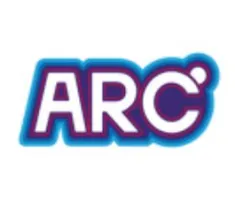Cannot load form
Sorry, this form requires you to accept Analytics and Functional cookies before it can load. Click here to allow these types of cookie.
All heat pumps use a refrigeration cycle to extract low temperature – often referred to as low grade - heat from a source and reject high temperature heat to a heat emitter. In building applications, the heat pump can be used as an alternative to a boiler for space heating and domestic hot water. This alternative will become increasingly in demand as the UK moves away from using fossil fuel as a primary heat source for space and domestic hot water heating. The key characteristic of a heat pump compared to a boiler is that the amount of heat produced is greater than the energy used to drive the process, e.g. the electrical energy supplied to the compressor motor and fans or pumps. For this reason the cost of heat provided by a heat pump can be less than the cost of heat provided by a boiler, even though the cost of electricity is greater than alternative fuel sources. The source can be air, ground water or the earth itself and the purpose of this guidance is to briefly explain these differences and how they can be applied in practice to significantly reduce our carbon footprint as a nation.
ACRIB Member Organisation The BESA has produced a basic guide useful for sharing with customers and non technical persons.

















